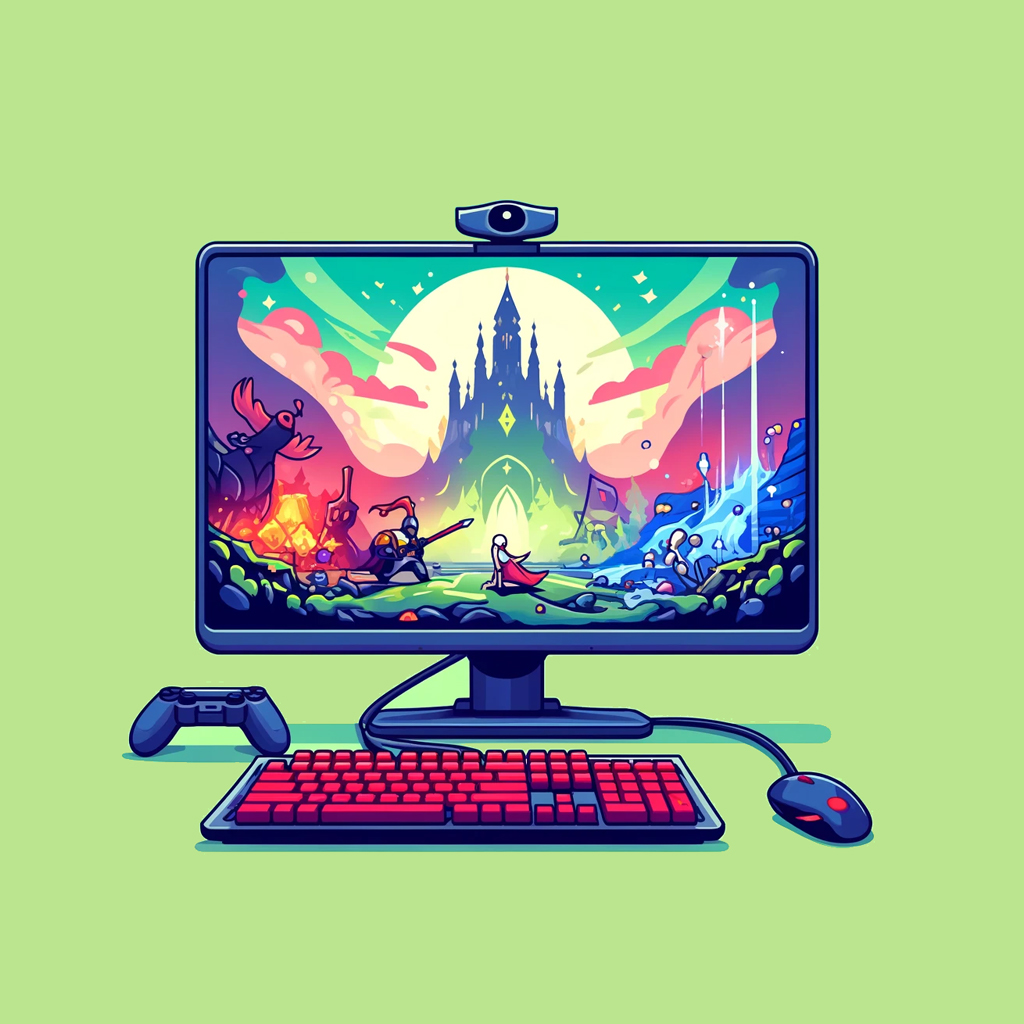The winds of change are blowing through the mobile gaming landscape, and with them comes a powerful strategy that’s gaining traction among developers—porting mobile games to PC and console platforms. Long gone are the days when such multi-platform leaps were reserved for the behemoths of the gaming industry. Today, indie developers and mobile-first studios recognize this as a viable path to expand their reach, boost sales, and diversify their player base.
In this article, we’ll explore why porting could be the game-changer your mobile app needs, along with some practical tips to smooth out the process.
Unleashing Potential in New Market Segments
The allure of mobile gaming is undeniable. It’s one of the fastest-growing sectors in the industry, reaching an incredibly diverse and vast player base. However, there’s untold potential in other segments that might not be as accessible from the confines of a smartphone or tablet.
Reaching a More Engaged Audience
The PC and console gaming communities are known for their engagement and willingness to invest time and money into their passion. By introducing a game to these platforms, developers position it in front of an audience that doesn’t mind sitting through lengthier gaming sessions than the ‘snack-sized’ play sessions that mobile games are known for.
Adjusting Monetization Strategies
Monetization strategies that work on mobile platforms, like ads or microtransactions, must be more well-received on a console or PC. This shift encourages developers to explore different models, such as DLCs or one-time purchases for premium content, potentially leading to a more sustainable revenue stream.
The Enhanced Tech and Performance Side
Porting to PCs and consoles presents game developers with a suite of powerful technologies that often go beyond the capabilities of most mobile devices.
Visuals and Performance Quality
Games ported to more powerful hardware can harness that extra muscle to deliver stunning visuals and higher performance, features that might be compromised on mobile due to hardware limitations. This enhancement can redefine player experiences and shine a spotlight on the craftsmanship of the game’s design.
Expanded Gameplay Possibilities
The processing power of PCs and consoles allows for the implementation of complex game mechanics and AI that could be unattainable in the original mobile version. Immersive soundscapes, intricate level designs, and expansive open worlds are all on the table, offering players new dimensions to explore and enjoy.
The Marketing and Visibility Advantage
The marketing potential for a game on console and PC is a universe away from the crowded and highly competitive app stores of mobile platforms.
Capitalizing on Curated Storefronts
Certain platforms often feature well-designed curation that can give indie games a fighting chance among the vast libraries. While on mobile, games can easily get lost in the sea of competitors, on console and PC, storefront features can significantly boost visibility, especially for unique or outstanding titles.
Entry to High-Profile Sales and Events
Sales events on console and PC storefronts can propel a game to bestseller status and offer massive exposure. These events, combined with the overall clout of console and PC gaming, can transform the visibility of a mobile port beyond what most marketing budgets could achieve.
Practical Considerations and Best Practices
Porting a game has its challenges. It’s essential to approach the process methodically and with clear business goals.
Understanding Platform Differences
Each platform has unique hardware and software capabilities that can influence the porting process. Understanding and adapting to these differences is fundamental for successfully transitioning from input methods to screen resolutions.
Community Management and Expectations
Approaching a new platform means engaging with a new community of gamers. Tailoring post-launch support, such as bug fixes, updates, and communication channels, to suit the expectations and culture of these audiences is critical to building a positive reputation.
Leveraging Cross-Saves and Play
Offering players the ability to continue their game seamlessly across different platforms through features like cloud saves can be a powerful incentive and a unique selling point for the ported version.
Balancing Gamepad and Touch Controls
Revisiting the game’s interface and controls to optimize for gamepads and keyboard/mouse setups while ensuring the original touch control experience retains its magic requires careful consideration and a rework of the UI.
Pricing and Monetization Strategies
Developers need to evaluate and reconfigure the pricing and monetization models for the new platform, ensuring they align with industry standards and player expectations.
Technical and Performance Testing
A thorough testing phase is crucial to identify and address any performance or compatibility issues arising from the porting process. This includes rigorous playtesting to fine-tune the game’s feel on the new platform.
Marketing the Port as a Unique Offering
Highlighting the features and improvements of the console or PC version in a way that speaks to the new audience is essential. This includes crafting a new marketing message that resonates with the values and preferences of these gamers.
Building Relationships with Platform Holders
Developing a positive relationship with the platform holders can open doors to marketing opportunities, feature spots, and better terms to facilitate a successful launch.
In summary, porting a mobile game to a PC or console represents a significant growth opportunity, allowing developers to tap into new markets, enhance the game’s technical aspects, and leverage unique marketing offerings. While the process requires commitment and a strategic mindset, the potential rewards redefine the success of your game in ways that mobile platforms may not be able to match.
For those willing to take the leap, the world of PC and console gaming is not just an expansion—it’s an entirely new frontier waiting to be conquered.
